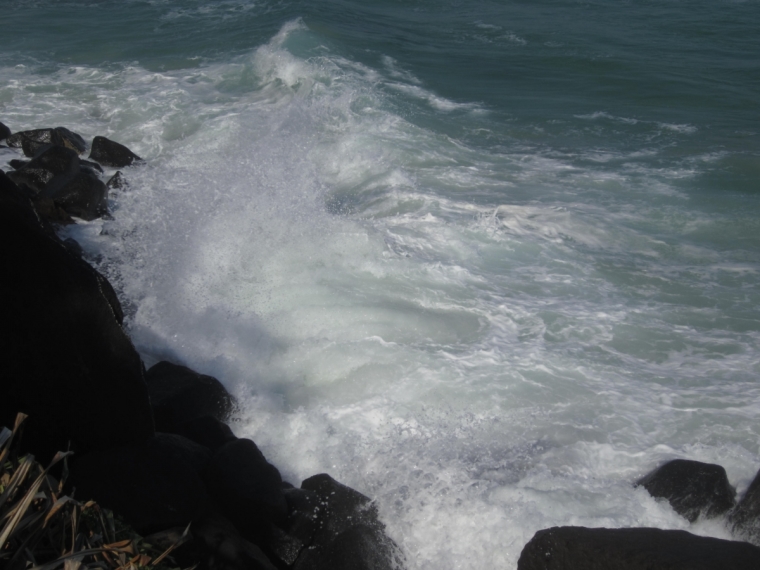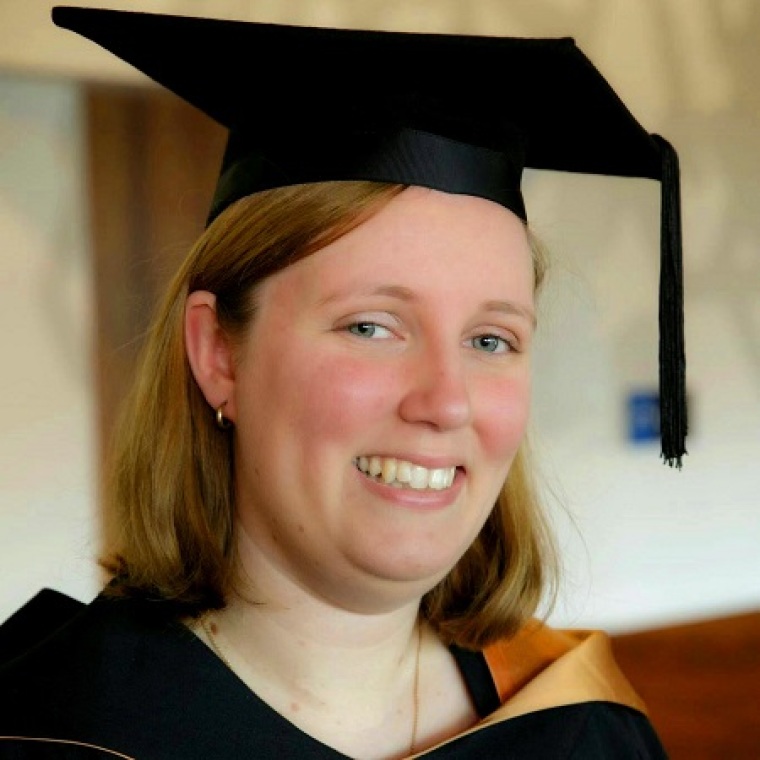

A Narrabundah High School English teacher in the mid sixties was instrumental in helping me improve my grammar. As one with a passion for writing, I was lacking two skills: a broader vocabulary and the ability to use grammar and syntax so I fronted up to Mr Gilbert Ward for some extra-curricular help.
This was a brave move on my part as Mr Ward was a WWII veteran, he was an older gentleman with a gruff manner who was not given to revelry. He put the fear of God into my English class, which he ran like a disciplined military parade ground.
Mr Ward agreed to my request, and gave me an assignment to write a long paragraph on anything that came to mind, on one day every week, for one term. He would mark it for corrections and make suggestions. In that one term there was only one occasion when I scored a perfect score for my paragraph.
That one occasion was one of those seminal moments in one's life. I had viewed on television a war film titled 'Sailor of the King' and I wrote my paragraph on. When Mr Ward read my paragraph he informed me that the book from which the film was titled, 'Brown on Resolution' was in the school library.
Like most teenage boys in the sixties, sport was my thing, yet I was so immersed in getting the paragraph correct and so keen on the film, that I went to the library and borrowed my first library book. 'Brown on Resolution' was read several times before it was returned, and this led to another revelation, that books were rather fun.

Sailor of the King
The story line of 'Sailor of the King' (Brown on Resolution) can be found on the Wikipedia site. In summary, a Lieutenant Richard Saville, a young British naval officer on five days' leave during WWI and a Miss Lucinda Bentley, a merchant's daughter from Portsmouth, found themselves on a romantic weekend. He proposed, she accepts but then recants, saying that with him at sea, she would be alone and she couldn't bear that; and so they parted.
Lucinda Bentley then migrates to Canada (in the book version she was unknowingly pregnant). In both film versions - each with a different ending about which viewers were asked to vote – it was left ambiguous as to whether or not Saville was Brown's father, although Lucinda was his mother.).
By the time WWII comes around Saville, still single, is in command of a squadron of three cruisers on convoy duty in the Pacific. A signal is received by a British merchantman that it's been hit and sinking by the German raider Essen. Theflagship HMS Stratford of Saville's squadron is too low on fuel for pursuit, so Saville remains with the convoy while the other cruisers, HMS Amesbury and HMS Cambridge chase the raider.

Two survivors
Cambridge is diverted to pick up survivors from the merchantman, so Amesbury attacks Essen, but is sunk herself, leaving only two survivors - Petty Officer Wheatley and Signalman Andrew 'Canada' Brown.
Brown's mother was always keen on the navy – she is the reason he joined in the first place. He has been imbued with naval lore since he was tiny, so he knows more about naval tactics, strategy and gunnery than most of his rank. He is also somewhat of a 'wild Canadian woodsman' who is skilled at marksmanship and other survival skills.
Essen picks up the two survivors and while anchored in a rocky lagoon for 36 hours to carry out repairs, Brown manages to escape to the heights around the lagoon with a rifle and proceeds to pick off sailors working on the repairs. There are skirmishes with the guns from the ship, and by a party of marines sent to hunt Brown down, but eventually the Essen departs.
Brown is all but dead in the book in one version of the movie. In the other movie ending, he actually dies. As the Essen leaves the lagoon, she is caught and sunk by Saville's force, by then, waiting at the lagoon's mouth.
One of Essen's survivors informs the British of Brown's exploits, which delayed repairs for 18 hours, thus enabling the British to catch them in their ambush.
This was the story in which I as a young teenager was immersed. It was a story of war, adventure, a boy's own, with the reader never for one moment associating himself with any of the war dead – only with the hero.
That after school-hours 'English syntax' homework has stood me in good stead. All these years later, I can say I have written 24 books and innumerable Christian articles and stories published - and privileged to have been for 39 years a preacher, proclaiming Jesus Christ as Lord and Saviour.

Dr Mark Tronson is a Baptist minister (retired) who served as the Australian cricket team chaplain for 17 years (2000 ret) and established Life After Cricket in 2001. He was recognised by the Olympic Ministry Medal in 2009 presented by Carl Lewis Olympian of the Century. He mentors young writers and has written 24 books, and enjoys writing. He is married to Delma, with four adult children and grand-children.
Mark Tronson's archive of articles can be viewed at http://www.pressserviceinternational.org/mark-tronson.html